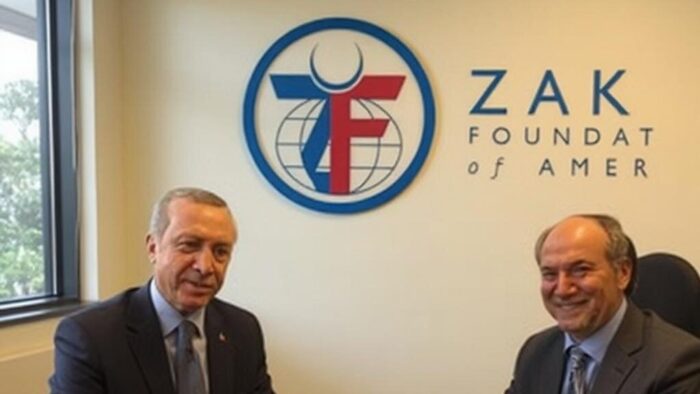The Royal United Services Institute (RUSI), a UK think tank, published a research paper last year comparing Russian and Chinese strategic influence and interference in Serbia, arguing that their fundamental approaches to the country are different and rarely overlap. According to the RUSI paper:
August 2020 Serbia sometimes appears to be a country caught between Russia and China, the two most powerful players in Eurasia. Yet, as this paper demonstrates, it seems Serbia is able to balance the interests of these powerful players across its political, defence and economic spheres for its own benefit. This is largely because – at least for the time being – all three countries’ interests are broadly aligned. There appears to be little scope for competition between Russia and China over the Serbian market in specific sectors, particularly as Moscow’s entrenched presence in Serbia’s energy market has made it difficult for Beijing to gain access. But Russia and China also appear to be keen to avoid confrontation over assets in Serbia, and their fundamental approaches to the country are different and rarely overlap.
Read the full paper here.
According to the RUSI paper, Russia, linguistically and culturally closer to Serbia than China, seeks to retain close links to Serbia. Still, increasing Russian activity may be more symbolic than serious:
While Russia’s approach to Serbia can occasionally cause political frictions and seem at odds with its stated foreign policy goals, Moscow is nevertheless keen to ensure Belgrade retains close links to the Kremlin and remains a comfortable buffer against NATO expansion in Europe. But in terms of tangible outputs, Russia has given Serbia few concrete promises about deepening security or defence alliances. Despite hype over arms deals, Russia is content to give Serbia its cast-offs rather than modern equipment, and the depth of Moscow’s security relationship with Belgrade can often be overstated. Russia sees value in maintaining Serbia as a political ally, which has become more pressing given Moscow’s own diplomatic isolation. But Serbia’s relatively low international clout and lack of serious economic prospects mean that the appearance of increasing Russian activity may be more symbolic than serious. Russia has numerous and wide-ranging strategic interests in the Balkan region, and by extension in Serbia. However, Russia’s interest (and ability) to use these levers of influence to effect day-to-day change in Serbia is somewhat restricted, both by its own ambitions and by pushback from Serbia.
On the other hand, China sees Serbia as a key country within its 17+1 framework, an initiative to promote business and investment relations between China and 17 Central and Eastern European countries, and a main European client of Chinese defense sales. According to the RUSI:
Serbia’s political relationship with China carries value in international forums and demonstrates that China perceives Serbia as a reliable partner in Europe on key issues. In addition, China is interested in Serbia as a market for its economic investments, as a key country within Beijing’s 17+1 framework, and as a potential future springboard into the EU. China appears to have chosen to focus on more niche areas of energy infrastructure where Russia is not a key player, while investing heavily in transport and technology infrastructure, as well as mining. China also sees Serbia as a security partner and main European client of Chinese defence sales. By operating and investing in Serbia, this market may become a future springboard for third-country sales – potentially elsewhere in Europe. Although China cannot compete with the linguistic and cultural advantages that Russia has in Serbia, there is little evidence that it is even attempting to do so. The educational and language initiatives that China is promoting in Serbia are relatively piecemeal and are part of a wider global effort to increase Beijing’s soft power, rather than an attempt to chip away at Russia’s ties to Serbia. Instead, China seeks to build deeper exchanges with Serbia in fields of emerging science and technology, such as artificial intelligence (AI), which stands to benefit both sides.





